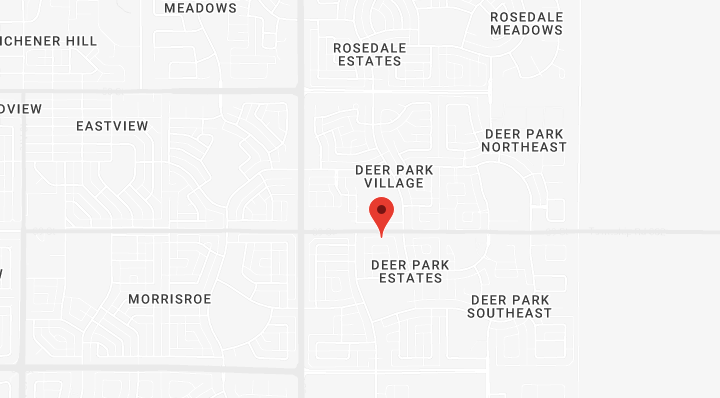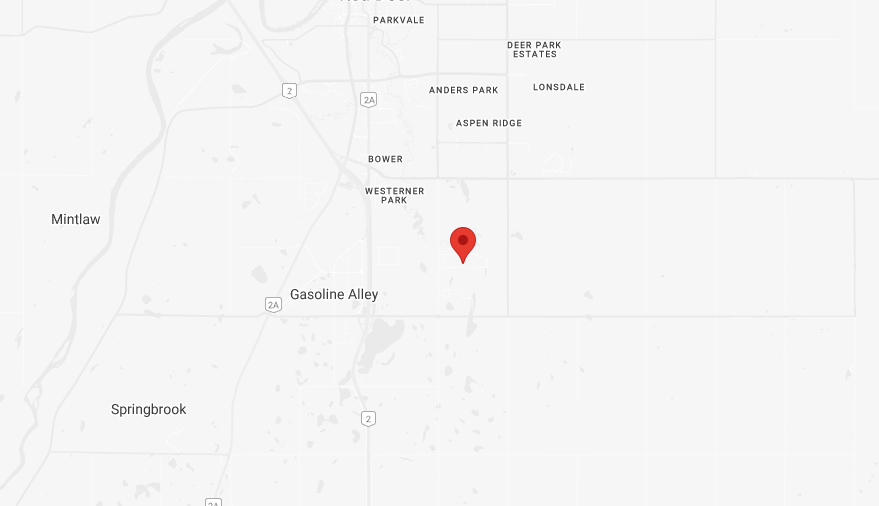10 Tips to Prevent Carbon Monoxide Poisoning in Homes
Carbon monoxide (CO) is an odourless, tasteless, and colorless gas that can cause illness and even death. This deadly gas results from burning liquid or solid fuel in various appliances and machines, such as stoves, fireplaces, gas ranges, lawnmowers, electric generators, etc. Preventing CO poisoning requires proper maintenance of fuel-burning appliances and CO alarms. Here are more tips to avoid CO poisoning in homes and properties:
How to prevent carbon monoxide poisoning
- Fuel-burning appliances, such as water system, water heater, fireplaces, wood stoves, as well as the heating system should be inspected and/or serviced at least once a year by a certified professional.
- CO detectors should be installed outside each sleeping area on every level of the home, as well as in other locations that are required by laws, standards, or codes. It’s recommended to interconnect all CO alarms so that when one sounds, they all do. Batteries should be replaced twice a year and CO alarms must be replaced every five years. Alarms should be tested once a month.
- When buying gas equipment, it is important to check for the seal of a national testing agency like Underwriter’s Laboratories of Canada.
- Gas ovens must never be used to heat up a home. Gas camp stoves or charcoal grills must also never be used indoors.
- Portable flameless chemical heaters must not be used indoors either. Although these heaters don’t have a flame, they burn gas and can cause CO to build up inside the property.
- Another tip to prevent carbon monoxide poisoning is to vent gas appliances properly. The horizontal vent pipes of heating appliances should go up slightly to prevent CO from leaking.
- Vent pipes should NOT be patched with tape, gum, or something else. This kind of patch can result in CO build-up in the property.
- Chimneys should be checked for soot, debris, and corrosion at least once a year by a professional chimney sweep. Chimneys can be clogged by debris – this can cause CO to build up inside the property.
- When the fireplace is in use, the flues must be opened. The fireplace or damper should be closed only when the fire is completely out.
- Gas-powered electric generators must be used with caution — they should never be run in homes, the basement or garage, and must be kept least 6 meters from windows, vents or doors.
- A vehicle should not be idled inside a garage that’s attached to the house or living space. A mechanic should be hired to check the vehicle’s exhaust system once a year to prevent CO build-up in the vehicle.
- The vents for the stove, fireplace, dryer, and furnace must be kept clear of snow during and after a snowstorm.
What to do if an alarm sounds
If the CO alarm goes off and no one is experiencing CO poisoning symptoms (headache, weakness, dizziness, upset stomach, vomiting, chest pain, and confusion), windows should be opened and fuel-burning appliances must be shut off. It is imperative that a certified technician inspect and fix the problem as soon as possible. In case someone is experiencing CO poisoning, they must be taken to a hospital immediately.



